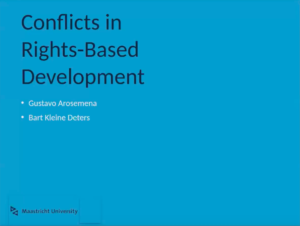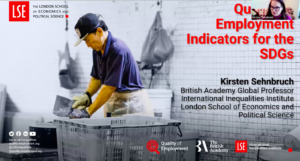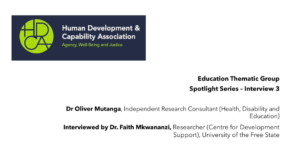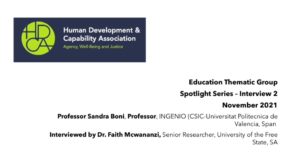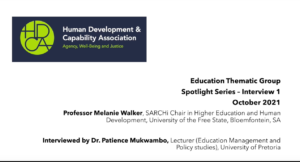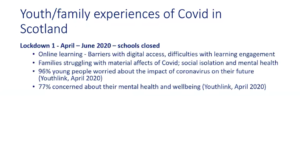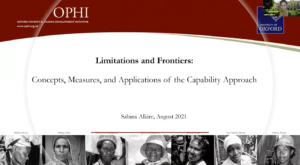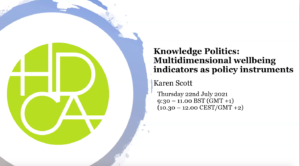This panel discussion features presentations by four scholars who have published in the recent Policy Forum in the Journal of Human Development and Capabilities on SDG localisation. The discussion will challenge the traditional “top-down” dichotomy in implementing the SDGs, highlighting that to fulfill the 2030 Agenda for Sustainable Development, it is essential to translate the SDGs into national and local policy initiatives. The incorporation of participatory approaches in this process is vital in ensuring collective action and democratic participation. The authors highlight how participatory approaches have been utilised in implementing the SDGs in a local context.
HDCA Webinar 2022 Empowerment and Collective Capabilities Participatory Methods Sustainable Human Development European Network HDCA VideosThe integration of participatory approaches to SDG localization


